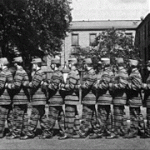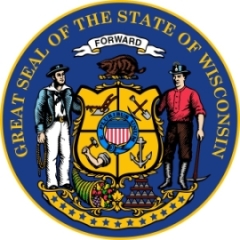The American Prison in 1931: High Ideals, Harsh Realities
 As part of my ongoing review of the work of the Wickersham Commission, I am reading the body’s 1931 Report on Penal Institutions, Probation, and Parole. I’m much struck by the Commission’s ringing statement about the purpose of prison:
As part of my ongoing review of the work of the Wickersham Commission, I am reading the body’s 1931 Report on Penal Institutions, Probation, and Parole. I’m much struck by the Commission’s ringing statement about the purpose of prison:
The function of the penal institutions is protection of society. To this end all efforts must be bent and all administrative methods be adapted. All judgment upon the functioning of our prison system, or any unit within in, must be in terms of protection of society. This raises the question of how penal institutions can best contribute to this objective. There seems but one answer possible — by the reformation of the criminal. Nearly all prisoners, even within the longterm institutions, are ultimately released. . . . Unless these prisoners are so readjusted before release that they are more likely to be law-abiding citizens than before they were arrested and sentenced, then the prison has not served its purpose. If the prison experience not merely fails to improve the character of the inmate but actually contributes to his deterioration; if, as is charged, our prisons turn the less hardened into more hardened criminals, then the prison has not only failed in its duty to protect society but has in turn become a contributor to the increase of crime within the community. Stated positively, it is the function of the prison to find the means so to reshape the interests, attitudes, habits, the total character of the individual so as to release him both competent and willing to find a way of adjusting himself to the community without further law violations. (6-7)
This passage interests me for two reasons. First, viewed from a contemporary perspective, it seems a remarkably limited and arguably very naive view of the prison’s function.


